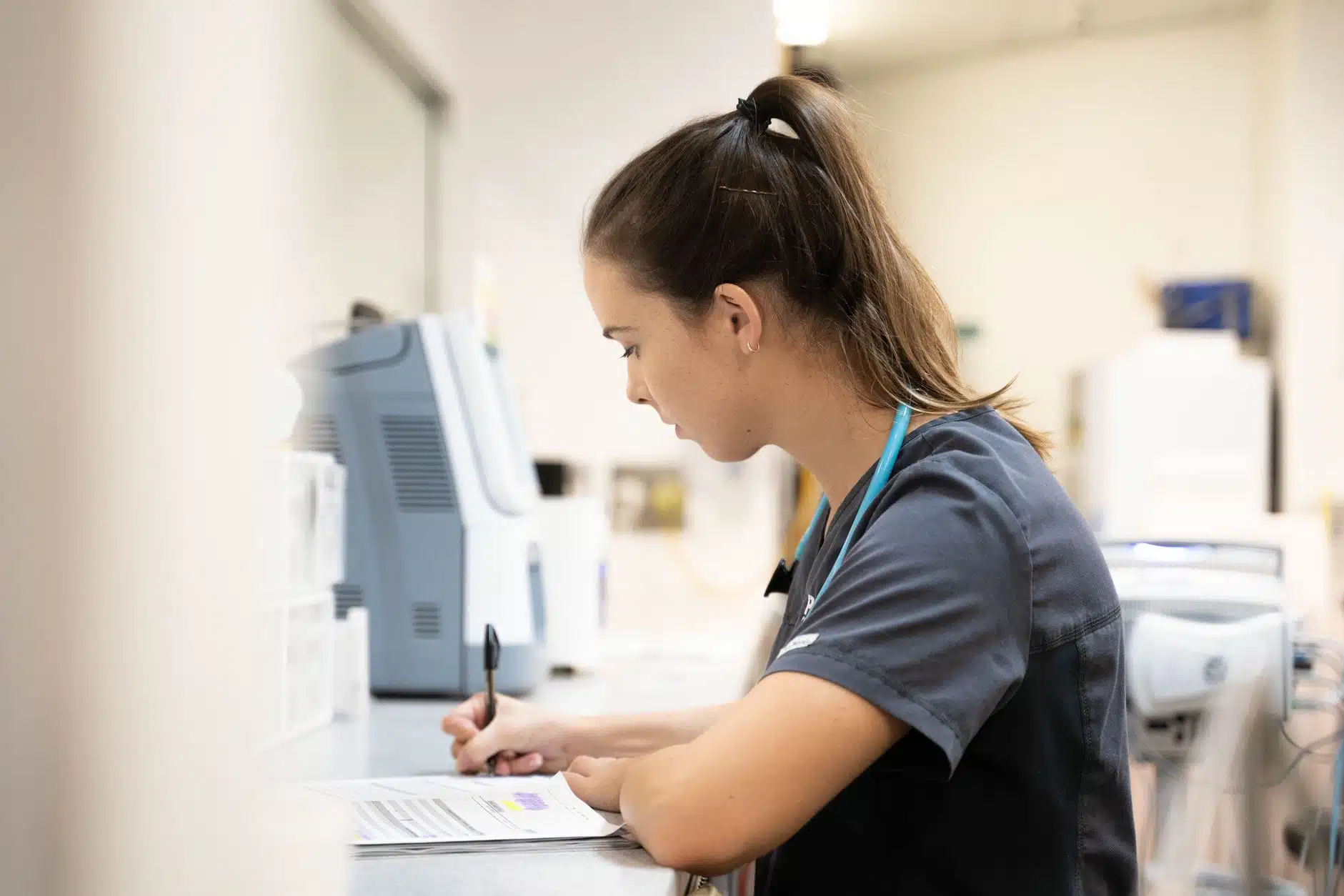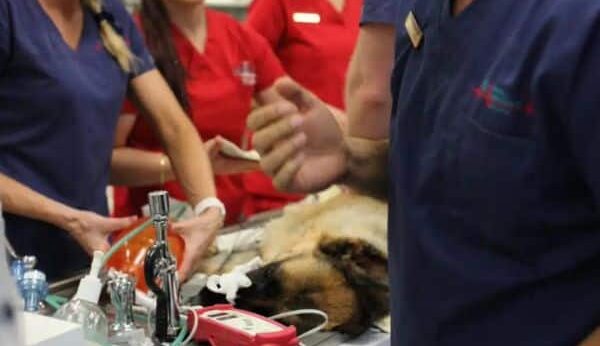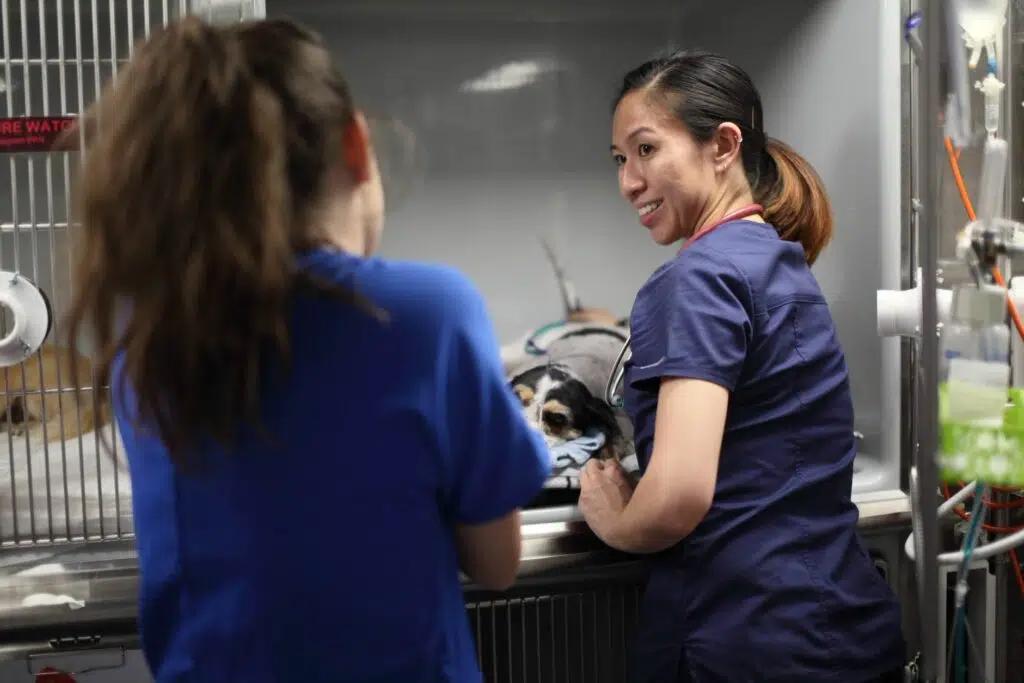Veterinary medicine is a rewarding and challenging profession that requires a wide range of skills, including medical knowledge, communication, and soft skills. And when you’re fresh out of vet school, you’ll learn many valuable lessons and practical skills during your first few years in clinical practice. While it’s true that veterinary school provides a strong foundation of clinical knowledge, you’ll quickly realise that many important aspects of the profession simply can’t be learned in a lecture hall.
In this article, we’ll share with you the “five things I wish I learned during veterinary school” – important skills and tips that often aren’t covered as part of your degree. Some of these include knowing how to talk about money with clients, methods for dealing with grief, learning from experience in practice, and working effectively within a veterinary team. By understanding these essential aspects of the profession, you’ll be able to provide the best care possible for your patients, clients, and yourself, all while exploring the skills beyond those taught during vet school.
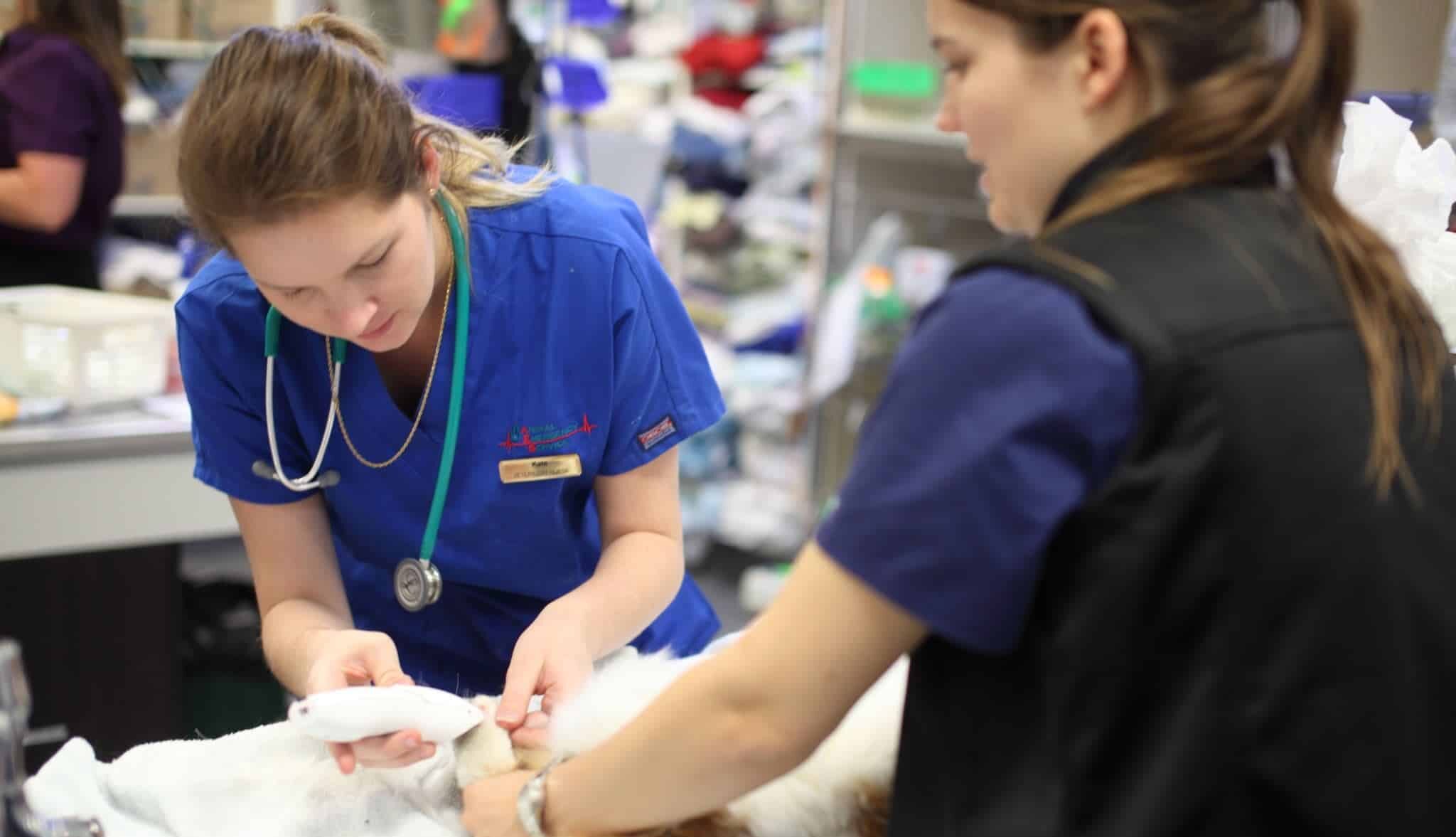
So what are the 5 things I wish I had learned during vet school?
Vet School Tip #1 – How to talk about money with clients
Talking about money and veterinary bills with clients is a crucial aspect of being a veterinarian, yet it can be a difficult and uncomfortable conversation for many. And it’s a topic that’s rarely discussed in vet school despite its importance. When discussing finances, remember that transparency and clear communication can prevent misunderstandings. This will help clients make informed decisions about their pet’s care. Here are some tips for effectively communicating about money and veterinary bills with your clients:
How can I communicate about money with clients?
Provide estimates
Before any procedure or service is performed, it’s important to provide clients with a detailed estimate of the costs. This can include itemised lists of services and procedures, as well as an explanation of any potential additional costs that may arise during treatment. Also, emphasise that an estimate is exactly that: an estimate cannot always be a 100% accurate reflection of the final cost due to the unexpected nature of each case.
Provide options, but be clear about the benefits and risks
It is important to explain the potential outcomes of a procedure or treatment, as well as any associated risks, especially for cheaper or more cost-effective options. This can help clients make informed decisions about their pet’s care, and can also prevent misunderstandings about the costs of treatment, while also catering to the financial needs of each client.
Offer payment options
Many veterinary practices offer payment plans or financing options (such as VetPay) for clients who may not be able to pay the full cost of treatment upfront. Be sure to discuss these options with clients and provide them with the necessary information to make an informed decision.
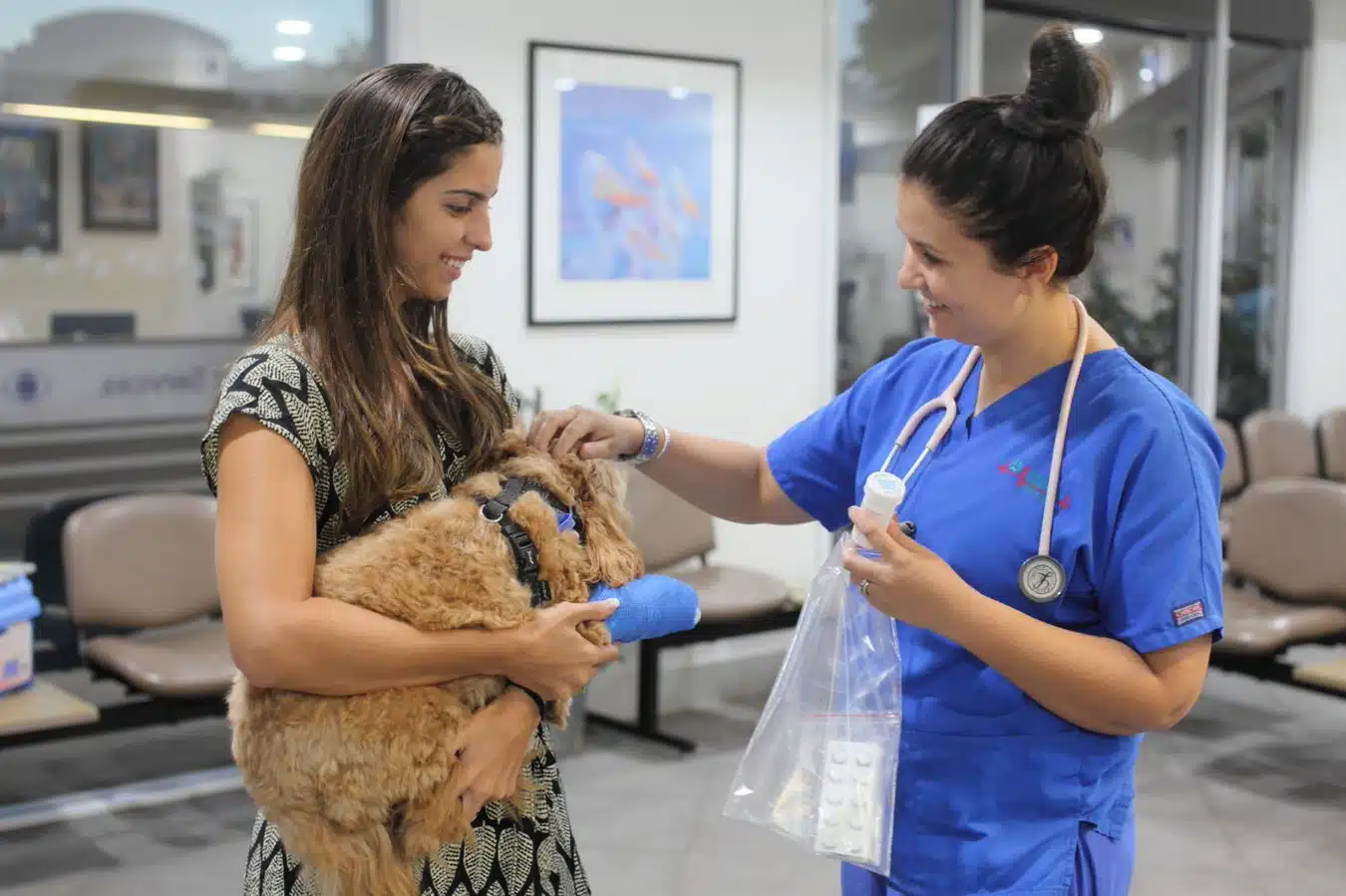
Set expectations
Be as clear and open as possible with clients about the costs of treatment and what’s included in the estimate. Being honest will prevent misunderstandings and prevent clients from feeling blindsided by unexpected costs. This is especially important for critical cases (e.g., Tick Paralysis) where patients may be hospitalised for an extended period and may become quite costly. These costs must be made apparent upfront.
Be empathetic
Financial situations can be tough – and it’s even tougher when a family member is unwell. Remember that discussing money and veterinary bills can be stressful and emotional for clients. Being empathetic and understanding can help build trust and foster a positive relationship with clients while ensuring the patient receives the most appropriate treatment.
By following these tips and maintaining clear communication with clients, you’ll be able to effectively discuss money and veterinary bills, while also providing quality care for your patients, and maintaining positive relationships with your clients.
Vet School Tip #2 – Methods for dealing with Grief and Grieving Clients
As a recent graduate out of vet school, one of the biggest challenges you’ll encounter is knowing how to approach clients who are grieving the loss of a beloved pet. Grief is a complex and challenging emotion, and we can only be taught so much in vet school about on of the most important topics in our profession: pet euthanasia. Without experience and guidance from your colleagues, it can be difficult to know how to best support grieving clients.
What are some methods for supporting grieving clients?
Be empathetic
Grieving is a natural and normal response to the loss of a pet, and in all situations you should be genuinely empathetic and understanding with clients. This is learned over time and genuine empathy will be gained through experience. By acknowledging a client’s feelings and offering support, you can help them feel heard and validated in their time of need.
Provide resources
There are many useful resources available for clients who are grieving the loss of a pet, including client handouts, grief counseling over the phone, and in-person support groups. Providing clients with information about these resources can help them find the support they need during this difficult time.
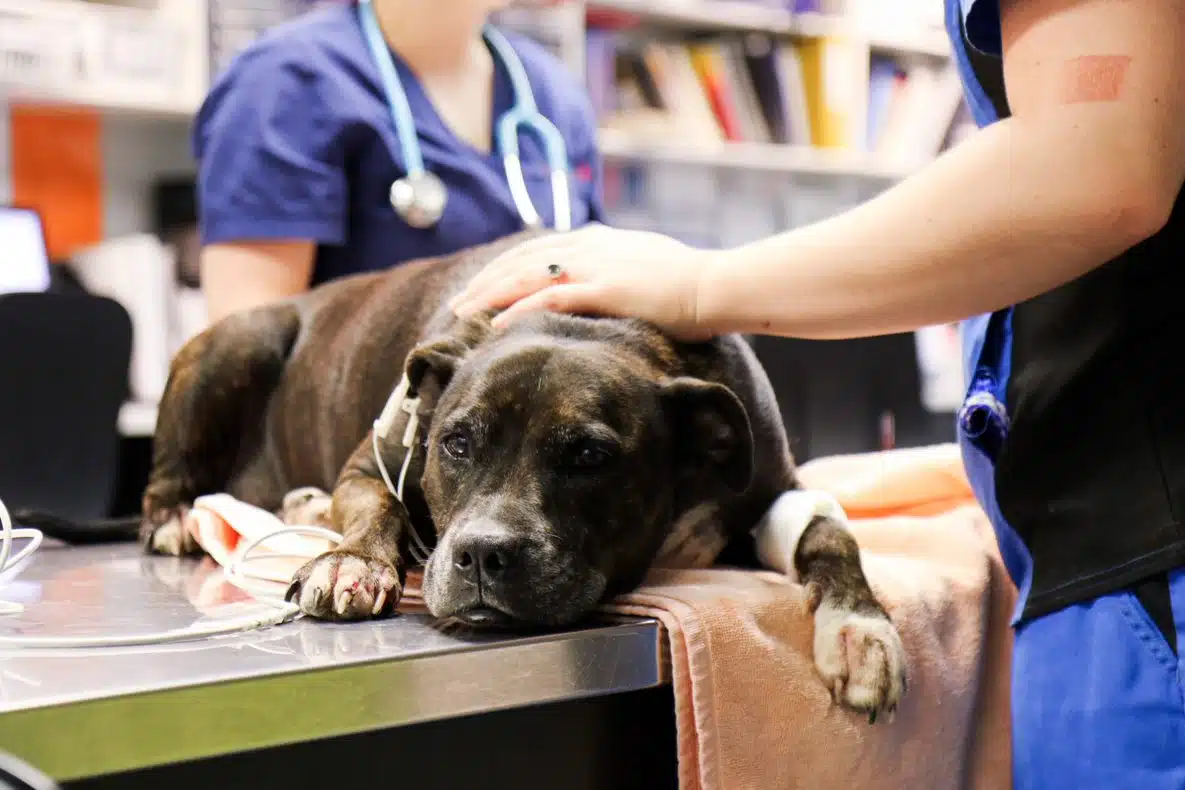
Be available
Grief can be a long and challenging process, and it can make a big difference to a client simply by being available throughout the grieving process where appropriate. This can include follow-up phone calls or emails, or simply being there to listen and offer support in the consult room. Sending a hand-written note after their pet passes away can be a comforting way to support a client, without over-extending yourself and avoiding emotional exhaustion.
Practice self-care
Caring for sick or injured animals can take an emotional toll on all involved. You might have heard of the term “compassion fatigue” and how excessive exposure to emotional situations can be quite draining for veterinary professionals. That’s exactly why you should ensure that you are regularly practicing self-care and seeking support from colleagues or mental health professionals when needed.
Remember the positive impact of veterinary medicine
While grief can be a challenging aspect of veterinary medicine, remind yourself of the positive impact that veterinary medicine can have on the lives of animals and their families. Even the act of euthanasia, although an emotional situation, is able to alleviate suffering and benefits animal welfare considerably. By providing quality care and support, veterinary professionals make a significant difference in the lives of our patients and clients.
Vet School Tip #3 – Knowing how to Manage Your Personal Health and Wellbeing
Working in veterinary medicine can be physically and emotionally demanding, and recent vet school grads will need to know how to prioritize their own health and wellbeing. But this can be quite challenging. During vet school, we’re often taught how to provide the best possible care for our patients, however, you need to step back and know how to look after yourself too.
What are some tips for managing personal health and wellbeing?
Take breaks
It can be easy to get caught up in the demands of the job and forget to take breaks. With long days of consults and surgeries, it’s all too easy to lose track of time. And we know sometimes it’s just not possible to have a whole break on a busy day. However, taking short breaks throughout the day can be achieved, and helps to reduce stress and prevent burnout.
Practice self-care
Practicing self-care can take many forms, including exercise, meditation, or simply spending time with loved ones. Even though as a new grad you’re probably keen to get stuck into vet work after all those years studying, still take time to prioritize activities that help you feel relaxed and rejuvenated. To find out more, we’ve put together some useful tips in our article on soft skills for veterinarians.
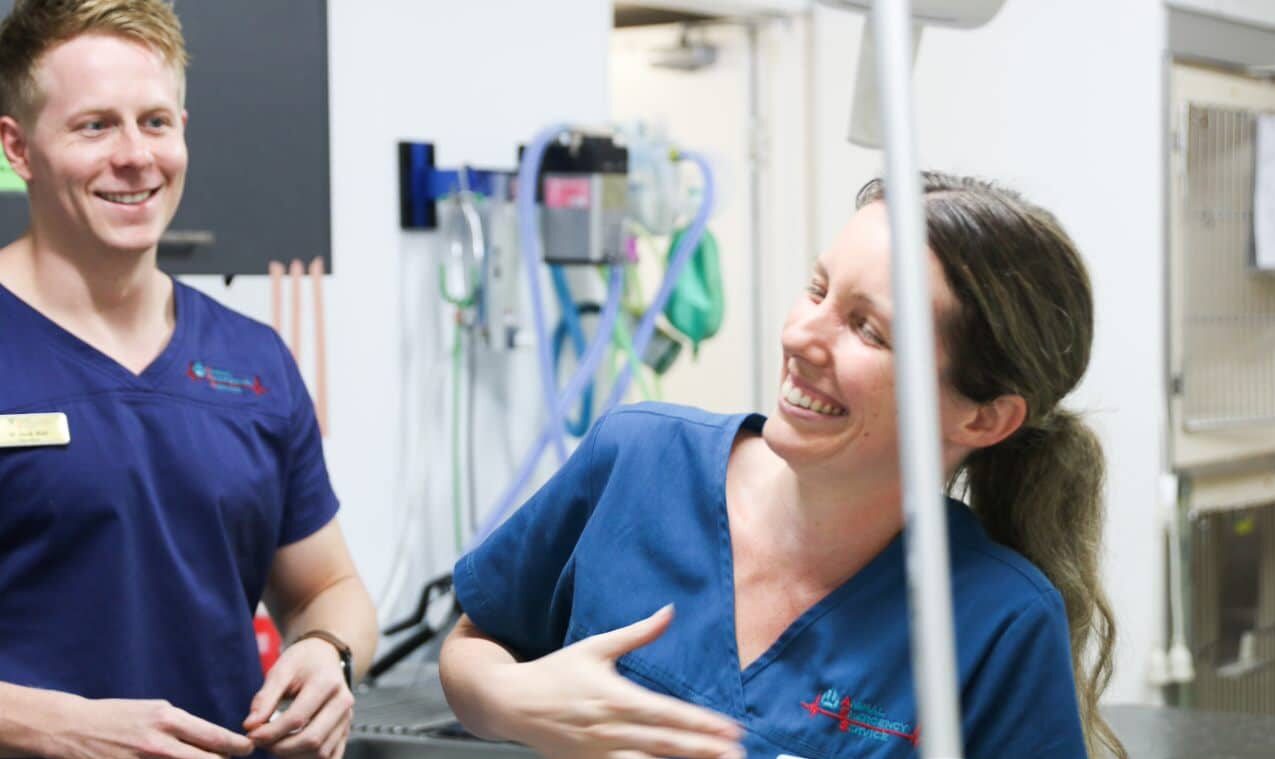
Set boundaries
We’ve already mentioned that veterinary medicine can be an emotionally charged profession, and it’s vital to set boundaries to prevent emotional exhaustion. This can include limiting the number of appointments in a day or setting aside time for personal activities. Don’t overextend yourself, recognise your limits, and know when to rely on your more experienced colleagues.
Seek support
When you’re at vet school, you’re surrounded by a cohort of supportive colleagues that help each other out. And the same goes when you’re working in clinic as well. Being part of a great team will ensure you always have others to reach out to when you need support, especially for many recent graduates who face the challenge of Imposter Syndrome. Acknowledge when you need support and don’t hesitate to reach out to colleagues or mental health professionals when needed. Having a support system can be the perfect way to promote your emotional wellbeing.
Practice good physical health
We can’t emphasise this enough. Taking care of your physical health should be your number one priority above all else! After all, how are you going to look after patients if you’re not focusing on looking after yourself? Prioritising your physical health through getting enough sleep, eating a healthy diet, and exercising regularly, will have a significant impact on your emotional wellbeing and also your cognitive abilities.
Vet School Tip #4 – You Learn So Much More in Practice
Vet school provides a strong foundation in many topics of basic veterinary knowledge, especially with a focus on the theory and pathophysiology of disease, and the clinical skills needed to perform as a successful veterinarian. But there’s no substitute for the practical experience gained through working in a vet clinic, especially alongside an experienced veterinary mentor. Here are some ways that clinical practice can provide valuable learning experiences that can’t be taught in vet school:
Exposure to a variety of cases
In clinical practice, veterinarians are exposed to a wide variety of cases, some of which may not have been covered in depth in veterinary school. And even though a certain illness or disease might have been covered in vet school, that doesn’t mean it’s going to present or behave exactly like it does in a textbook. This exposure to real-life cases will help you as a new grad to develop a deeper understanding of various diseases and conditions, as well as develop the skills to diagnose and treat them.
Opportunity to observe experienced veterinarians
Clinical practice provides the opportunity to work alongside experienced veterinarians, which is an invaluable learning experience. Finding the right veterinary mentor can be the perfect kick-start for your veterinary skills. By observing how experienced veterinarians approach cases, handle clients, and manage their practice, you’ll be able to learn important skills and gain insights as a new grad that cannot be taught in a classroom.
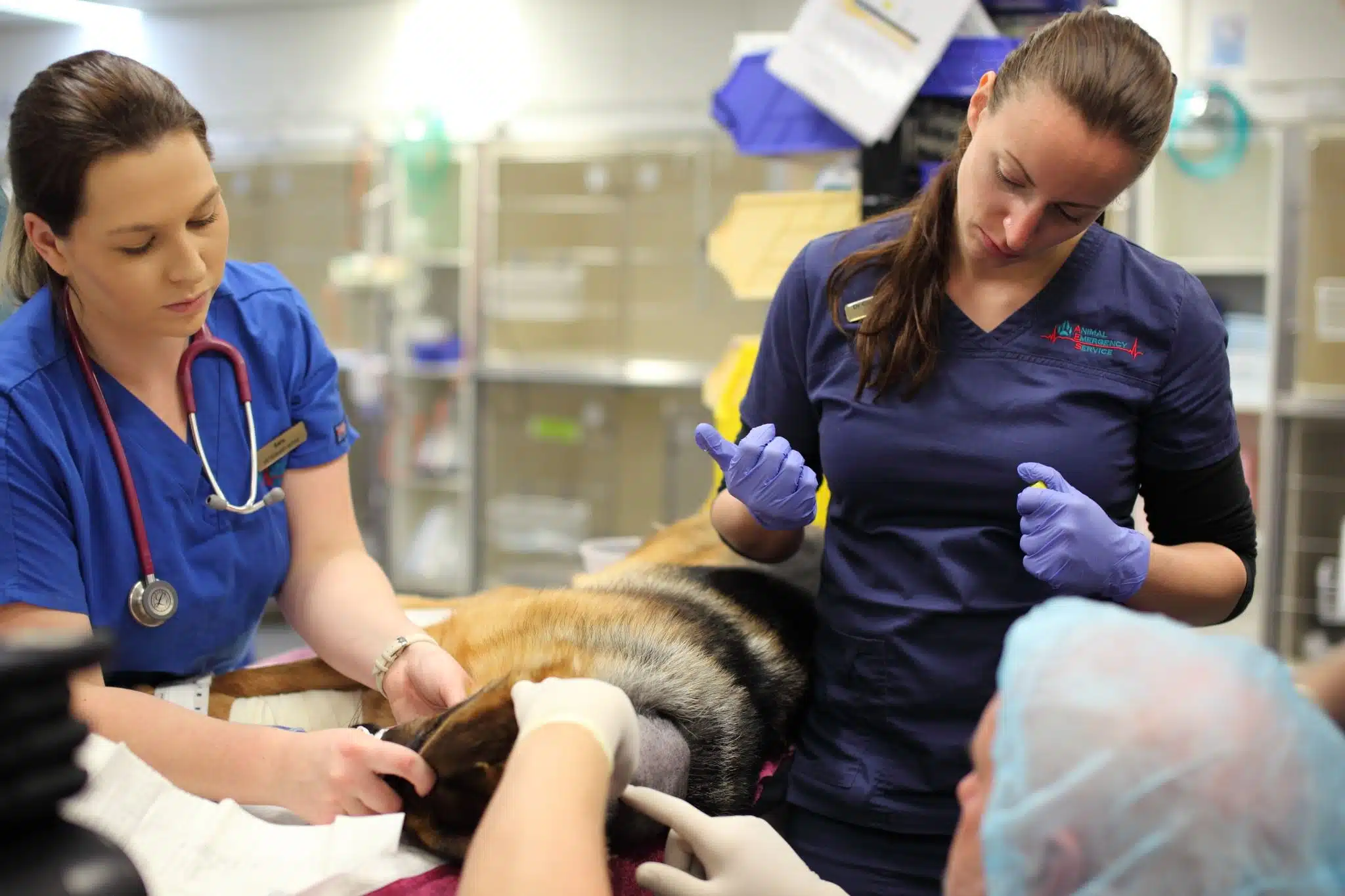
Developing communication skills
Communication is a vital skill that’s often covered in vet school as much as possible. And it’s true that effective communication with clients is a crucial aspect of veterinary medicine. Getting involved in real life clinical practice can be the perfect opportunity to hone your communication skills. By interacting with clients on a daily basis, discussing cases with your team, or even speaking with other veterinary colleagues, you’ll learn how to explain complex medical concepts to individuals based on their own communication preferences.
Developing problem-solving skills
In your first couple years in clinical practice, you’ll be faced with complex cases or unknown presentations that require you to rely on your creative problem-solving skills. Sometimes these can be the most challenging yet satisfying cases of all! Exposure to these tricky cases will develop your critical thinking skills and enhance your ability to approach problems from different angles.
Staying up-to-date with new research and techniques
Veterinary medicine is constantly evolving. And while vet school will teach you the most up-to-date knowledge while you’re at university, this knowledge may only remain current for a few years after you graduate. Working in clinical practice provides the opportunity to stay up-to-date with new research, techniques, and technologies through veterinary education and CPD. By attending continuing education events, utilising free clinical resources, and staying current with the latest research, you’ll be able to keep your clinical knowledge accurate and in turn provide the best possible care for your patients.
Vet School Tip #5 – How to Work Effectively As a Veterinary Team
When in vet school, whether it’s through exams or assignments, much of the work and assessments are done on an individual level. While it’s true you’ll be exposed to veterinary teamwork through practical placement, workshops, and prac days, this can’t compare to the level of teamwork when truly involved in clinical practice. Knowing how to work effectively in a veterinary team is essential for providing high-quality care to patients and ensuring a positive work environment for all team members.
How can you work effectively as a team?
Clear communication
You probably would have learned this during vet school when working on group assignments or pracs, but clear communication is essential for any effective teamwork. Even though you might be new to a team, you should encourage others to express their ideas, concerns, and questions in a respectful and constructive manner. Speak with your veterinary mentor or practice manager and help to establish clear lines of communication and protocols for sharing information.
Role clarity
If you’re a new member of a team as a recent grad, it can be helpful to know what’s expected of you, what tasks you might be responsible for, and how you fit into the rest of the team. Ensure that you have a clear idea of your role and responsibilities within the team. This can help prevent misunderstandings and ensure that everyone is working together towards a common goal.
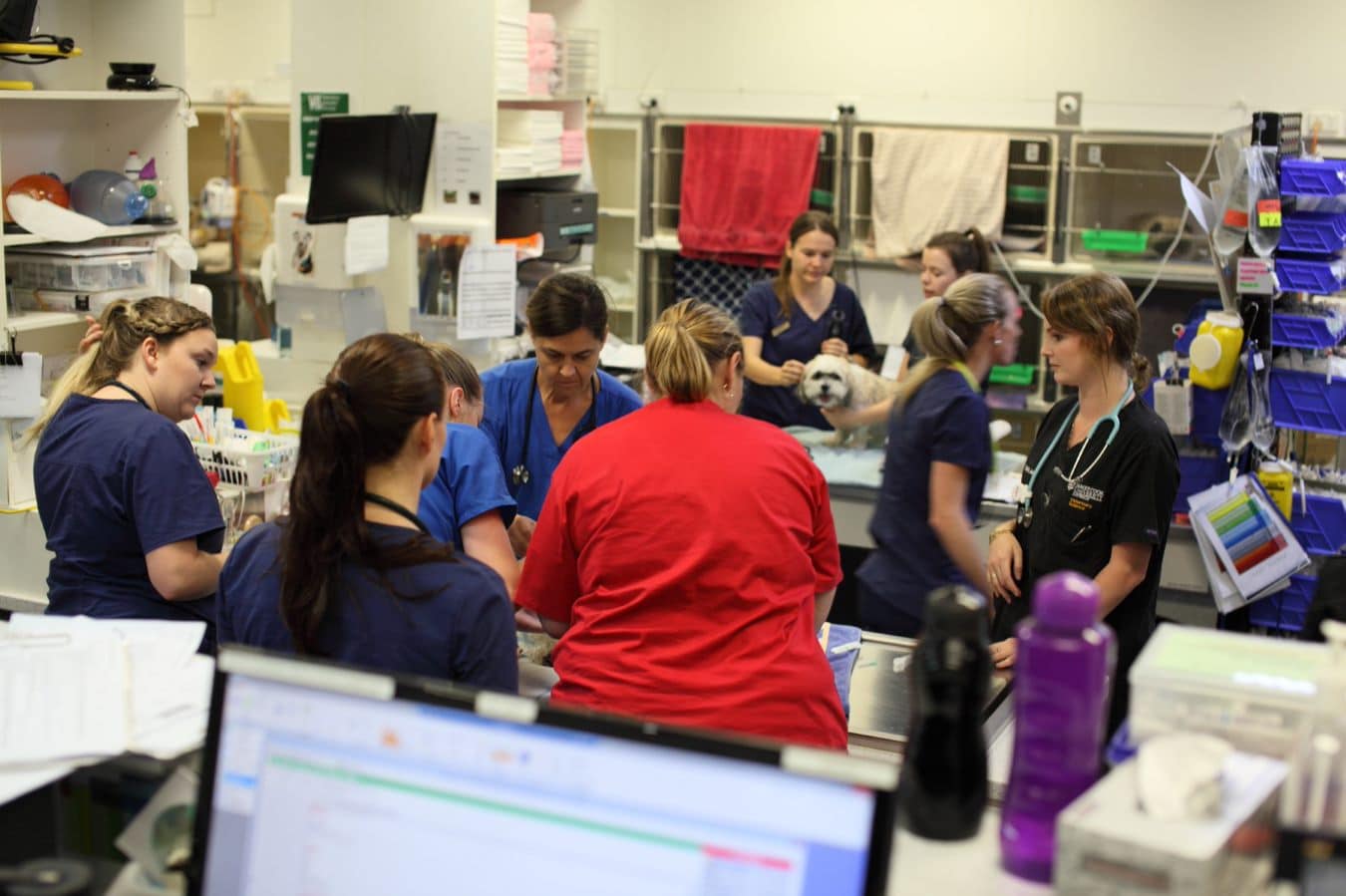
Respect and professionalism
A positive work environment requires mutual respect and professionalism from all team members. During clinical placements in vet school, you would have approached new situations and clinics with a high level of respect and professionalism. So ensure this continues to apply when you’re out in the veterinary profession. Be respectful of each other’s opinions and backgrounds, and work collaboratively with the rest of your team towards achieving common goals.
Conflict resolution
Conflict can arise in any team, sometimes it’s unavoidable. And a workplace is a very different environment to vet school, or a clinic where you’re only at temporarily. To ensure conflict is managed appropriately, check if a clinic has protocols in place for resolving team conflicts in a constructive manner. This might include establishing a formal process for addressing conflicts, or simply encouraging open and honest communication.
Celebrate successes
Lastly, don’t overlook the wins in your team – these can be the most joyful, satisfying, and memorable times of all. Being able to take time to recognise and celebrate your team’s successes will help to foster a positive work environment and promote a sense of camaraderie among team members. Even the small wins, like getting a retained deciduous canine out in one piece, are absolutely worth celebrating!
So where veterinary school provides a strong foundation for your career, many other areas and skills can only be fostered through exposure to clinical practice. By focusing on these key areas we’ve discussed, whether you’re still in vet school or you’ve just graduated recently, you’ll be able to ensure you can develop the traits of a high-performing veterinary professional, provide the best possible care for your patients, and thrive in your veterinary career pathways.

